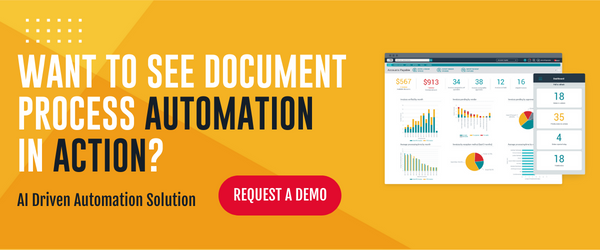Call them strategic advisors or value architects. Call them digital catalysts or change makers. Whatever you do, just don’t think of modern-day CFOs as merely number crunchers.
Today, the role of CFOs and other financial leaders goes far beyond the scope of bookkeeping or budgeting. When it comes to solving complex business issues and spearheading digital initiatives, CFOs are now the ones calling the shots and leaned on for driving long-term business value.
In the last five years alone, the number of CFOs and other financial leaders responsible for their companies’ digital activities has more than tripled1.
Unsurprisingly, this much broader and more diverse set of responsibilities has not made life easy on the average CFO — especially in the continued aftermath of the COVID-19 pandemic.
Success requires rethinking old business models, orchestrating change across multiple finance functions and, most importantly, the right technology to aid in accelerating the scale and pace of decision making.
Why AI-Driven Automation Is a CFO’s Best Friend
An architect is nothing without his or her tools, and CFOs are no different. Automation solutions — particularly the ones powered by AI technology — are appealing to CFOs for a variety of reasons.
Not only are they generally a low-risk investment that easily integrate with whatever business applications are already in place, their benefits enable CFOs to address both immediate and future priorities. This includes fostering:
- Healthier, more stable cashflow. Whether it’s helping to capture more early pay discounts or removing the bottlenecks that slow down cash collection and allocation, automation solutions have a real impact on a company’s cash and credit health. This is an extremely important factor when you consider that 60% of global leaders see “occasional or regular” disruptions on the scale of COVID happening from now on2.
- Employees who feel fulfilled and appreciated. By automating much of the repetitive, low-value work throughout AP and/or AR business processes, CFOs are able to provide their employees with work that promotes greater well-being, autonomy and professional fulfillment, ultimately increasing retention rates and the ability to stay competitive.
- Better decision making guided by data. A single interface and customisable dashboards ensure that all pertinent data is aligned, integrated and easily accessible. Everything from real-time data tracking, to predictive forecasting, to performance monitoring KPIs can be viewed at the click of a button, helping guide decisions and drive added value throughout the business.
- Growth and continuity in any circumstance. The process efficiencies, increased collaboration and improved relationships that result from automation ultimately lead to stronger business growth. This means that, even in the face of another COVID-level disruption, CFOs will have peace of mind knowing they’re sitting atop a strong digital foundation capable of keeping cash position, talent retention and business continuity stable.
Learn More
Are you a CFO looking for a digital investment that’s as transformational as your ambitions? Read Esker’s latest ebook, Future of the Digital CFO, to discover best practices on how to become an architect of value, change and resilience within the organisation.
1 Mastering change: The new CFO mandate. October 7, 2021. McKinsey & Company.
2 2021 Deloitte Global Resilience Report: Coping with the unexpected challenges, Deloitte Insight. 2021.
-Written by, Dan Rogney


